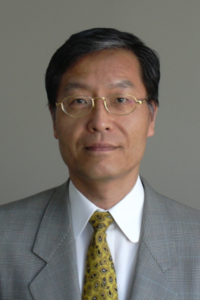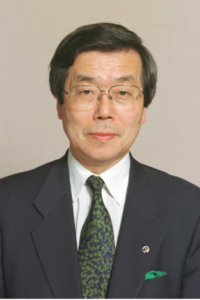
... [Read more]

I visit bookstores less often these days. I can obtain virtually all the information on books I need for my work from advance book notices that arrive by post and over the Internet. I can find old books on the web in the blink of an eye. With a single click, an academic book is shipped from a secondhand bookstore in a country town in Britain and arrives at my door in about two weeks. In spite of that, I still choose the novels I read for my own pleasure and books for my children by picking them up and browsing through them at the neighborhood bookstore. However, I’ve stopped going to the comic book section entirely. The reason is that stores no longer allow people to browse through comics.]]> ... [Read more]

The Defeat of Japanese-Style Manufacturing (Bungeishunju, 2013), “Because Japanese people have the false perception that innovation means technological breakthrough, the more common the word ‘innovation’ becomes, the less frequently innovation occurs. Words infiltrate the brain as concepts. Ironically, it is the word ‘innovation’ that stunts Japanese innovation.” I could not agree more. In recent years, the word “innovation” has often been used as a buzzword. In a 120-page report entitled “The Revision of Japan’s Revitalization Strategy 2014,” which was published by the government in June 2014, the word “innovation” is repeated around forty times. The 170-page report “The Revitalization of ‘Rich and Active Japan,’” which was published by the Japan Business Federation in January 2015, has the English]]> ... [Read more]

... [Read more]

The year 2015 marks the seventieth anniversary of the end of World War Two, and it will most likely be a year concerning the governance of the world economy. While the U.S.-led Bretton Woods system, centered around the International Monetary Fund and the World Bank, has long driven the operation and ideals of finance and economy in the post-war world, China and other countries who seek to expand their influence are attempting to revise the means for governing the global economy by establishing systems of their own. One particularly noteworthy development is the Asian Infrastructure Investment Bank (AIIB) proposed by China that is expected to be established during 2015. China proposed the concept for this bank in October 2013. By October 2014, it had signed a memorandum of understanding (MOU) on establishing the bank with twenty nations interested in the concept, with Indonesia announcing ... ... [Read more]